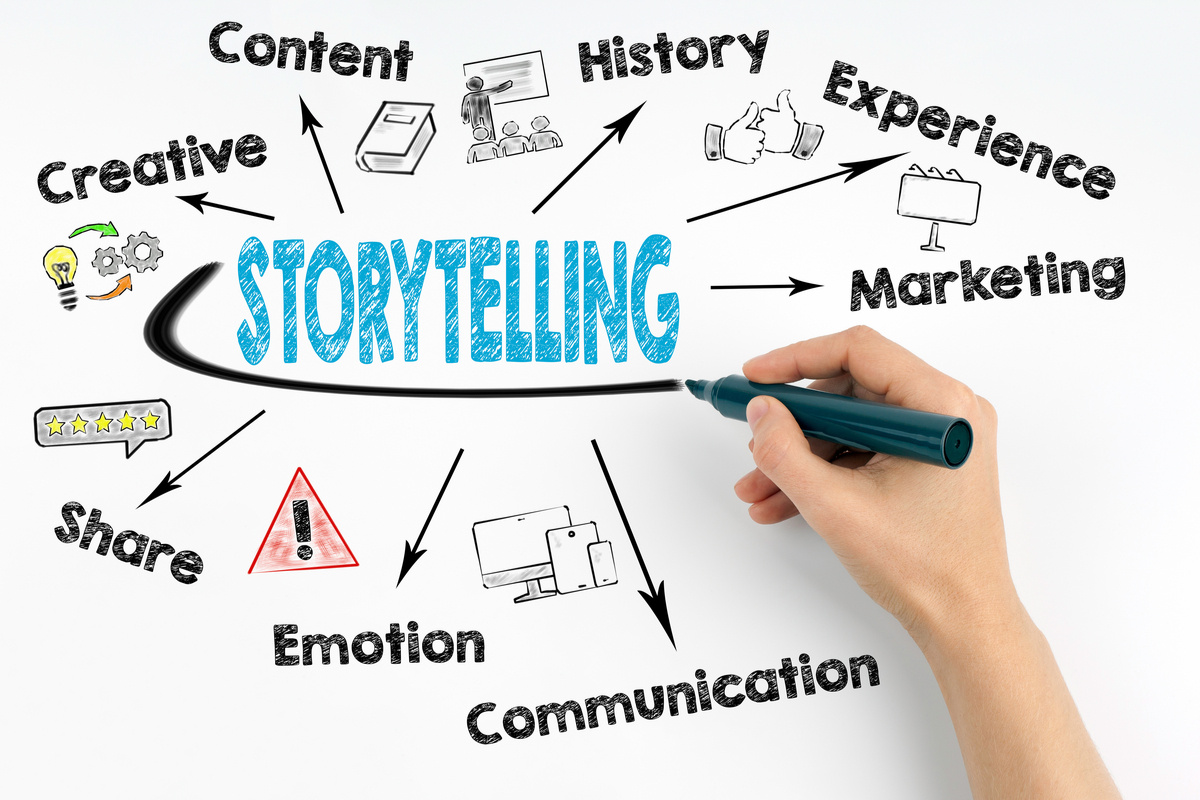
FAQ About Storytelling
Storytelling
2 years ago | gizem
Why is storytelling important?
Storytelling is important for several reasons:
- Communication: Storytelling is a powerful way to convey information, ideas, and emotions. It helps simplify complex concepts and makes them relatable and understandable to a wide audience.
- Engagement: A well-told story captures the attention and interest of the audience. It keeps them engaged and invested in the narrative, making the message more memorable.
- Emotional Connection: Stories evoke emotions and create a sense of empathy. They allow the audience to connect with characters and situations, leading to a deeper understanding of feelings and experiences.
- Memory: People remember stories better than facts or data. Stories provide context and meaning, making information easier to retain and recall.
- Cultural Transmission: Stories are a way to preserve cultural heritage, traditions, and values. They pass down knowledge, morals, and beliefs from one generation to the next.
- Perspective-Shifting: Stories can challenge preconceptions and provide different viewpoints, promoting critical thinking and broadening perspectives.
- Entertainment: Storytelling is a form of entertainment that can provide joy, escapism, and relaxation. It offers a break from everyday routines.
- Influence and Persuasion: Stories are effective tools for influencing opinions and behaviors. They can be used in marketing, advertising, and advocacy to connect with audiences on a deeper level.
- Building Connections: Sharing personal stories fosters connection and builds relationships. It helps individuals relate to each other's experiences and build a sense of community.
- Inspiration: Stories of triumph, perseverance, and success inspire and motivate people to overcome challenges and pursue their goals.
- Problem-Solving: Stories often involve characters facing and resolving challenges. By witnessing these processes, audiences can learn problem-solving skills and gain insights into decision-making.
- Creativity: Storytelling encourages creativity and imagination. It allows individuals to invent new worlds, characters, and scenarios.
